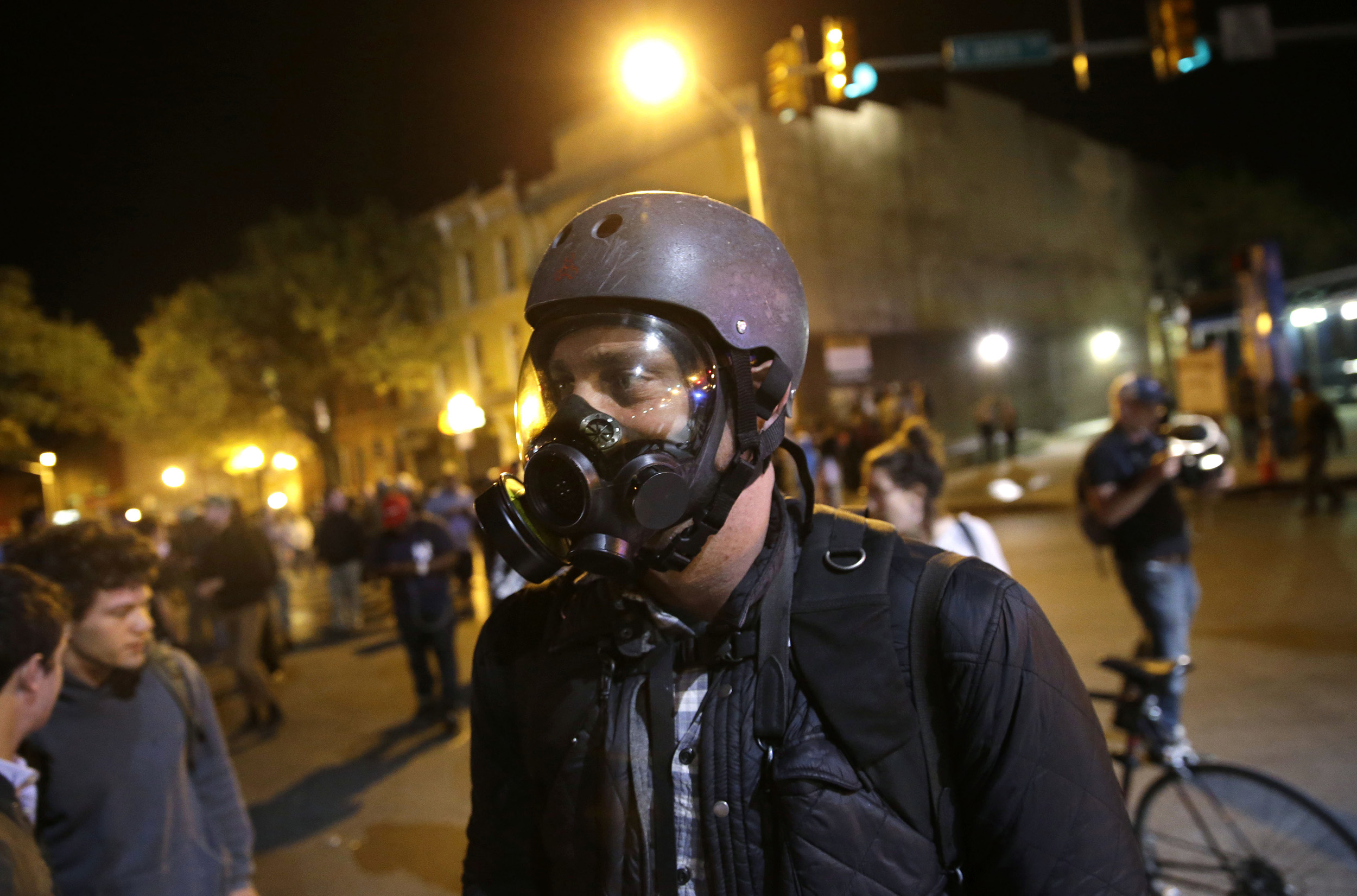Journalist Safety
Once welcomed as the voice of truth and fairness, and the public eyewitness to history, journalists today are targets, with attacks no longer limited to conflict zones.
Protecting journalists worldwide is important to us.

With AP's global footprint, gathering news in nearly 100 countries, our reporters face dangers every day. We take the safety of our staff seriously — our global security team continually visits and updates security at our worldwide locations, particularly those in conflict zones. Reporters covering dangerous situations, from the recent wars in Ukraine and fighting in parts of Africa and the Middle East, to civil unrest in the United States and western Europe, carry the latest safety equipment and receive intensive hostile environment training.
In addition to physical attacks, journalists increasingly face hostile digital environments, often enduring intimidation, “doxing” – or the exposing of their private personal information, threats of physical and sexual harm and abuse online. These dangers disproportionately fall on women journalists and journalists of color. AP journalists are trained in digital security and about ways to report on and address all forms of abuse, and AP’s global security team has stepped in whenever necessary.
There always will be risks to covering news, and it is important for the public, politicians, public figures and governments to consider that any attacks on journalists are a threat to the free flow of accurate information that is needed for democracy to function.
We believe there are further legal steps that can be taken to protect journalists worldwide and defend against impunity by those who would threaten journalists. Under existing international law — the Geneva Conventions and additional protocols since then — journalists are considered civilians in conflicts between states.
In 2013, the United Nations adopted a resolution condemning attacks on journalists and underlining the obligations of nations to bring perpetrators to justice. But as the nature of both war and media have changed dramatically in recent years, these protocols no longer address the increasingly perilous challenges facing journalists. With each country responsible for investigating and prosecuting those who kill journalists, it is a patchwork system at best. Only 10 percent of journalists’ killers are ever brought to justice, according to the Committee to Protect Journalists.
In 2016, in response to objections filed by AP and other news organizations, the Pentagon revised its Law of War guidelines to remove wording that could permit U.S. military commanders to treat war correspondents as "unprivileged belligerents" if they think the journalists are sympathizing or cooperating with enemy forces. The amended manual also dropped wording that equated journalism with spying. These revisions intended to clearly identify journalists as civilians and protect journalists under the law of war.
While steps have been taken toward improving journalist safety, AP believes there needs to be a new international legal mechanism for protecting journalists — one that makes killing journalists or taking them hostage a war crime.
The growing challenges to journalists’ ability to gather news should be a worldwide cause for concern. When independent media cannot provide firsthand original reporting, freedom suffers. A free press is the most powerful bulwark between tyranny and democracy, holding governments accountable and providing trustworthy eyewitness news that lets people make informed and responsible choices.
